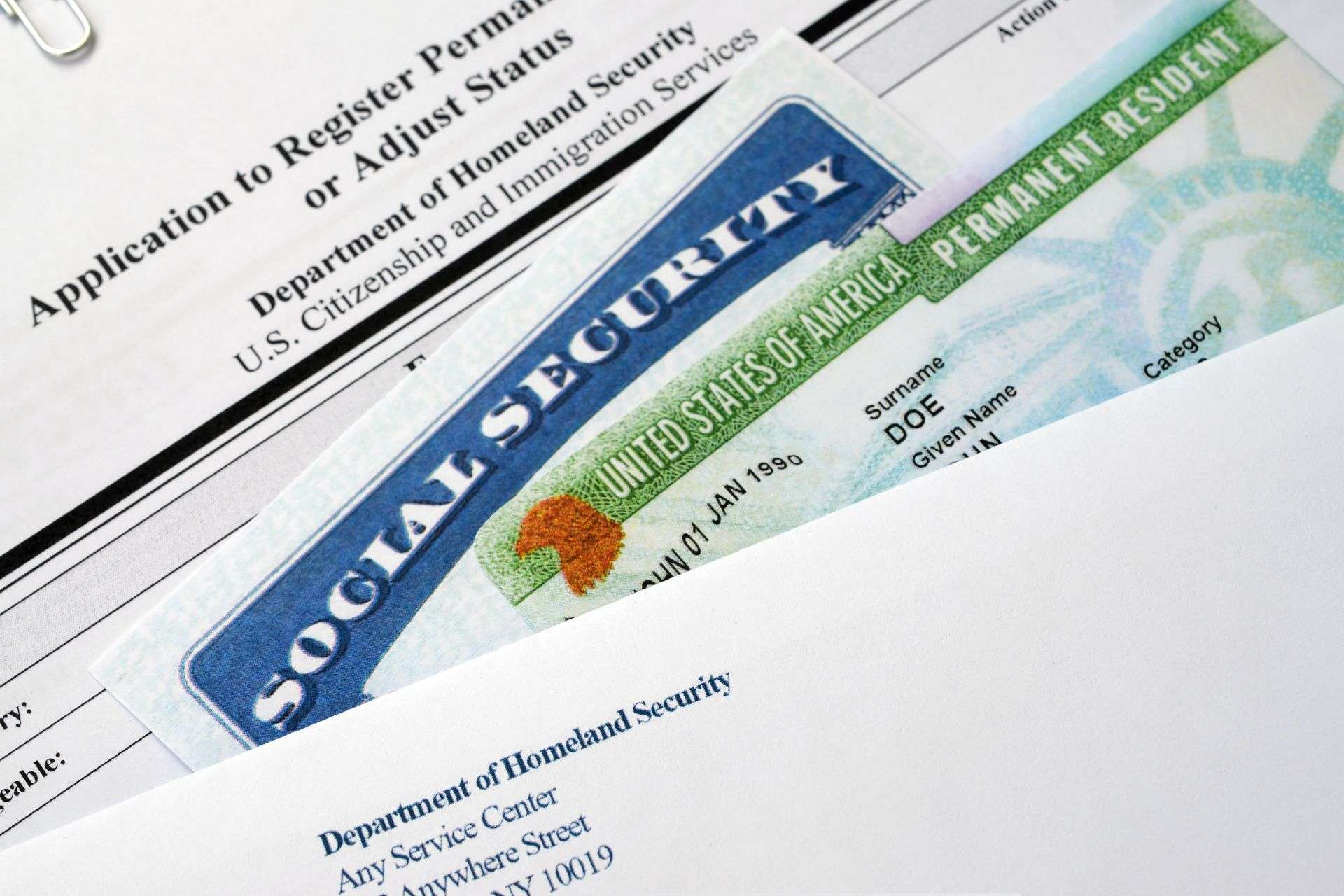I-600A | Advance Processing of Orphan Petitions
Form I-600A allows U.S. citizens who plan to adopt an orphan from a non-Hague Convention country to request that USCIS determine their suitability and eligibility as prospective adoptive parents. Form I-600A is not a petition to classify an orphan as an immediate relative.
Qualifications
-
Be a U.S. citizen
-
If you are married, your spouse does not need to be a U.S. citizen. However, if your spouse lives in the United States, you must submit proof that your spouse is living in the United States lawfully as a U.S. citizen, U.S. national, lawful permanent resident, or in another lawful immigration status
-
If you are unmarried, you must be at least 24 years of age to file Form I-600A and at least 25 years of age to file Form I-600
What You'll Need
-
Proof of U.S. citizenship
-
Proof of Marriage of Applicant and Spouse (if applicable)
-
Proof of compliance with pre-adoption requirements (if any)
-
Home study (you have one year from the filing date of your application to submit your home study)
Questions? Contact us.
Whatever your immigration issue may be, we are here to help. Our team of attorneys and staff work hard to help you reach your goals.
FAQs
$775. There is no filing fee for Form I-600A/I-600 Supplement 1 or Supplement 2. A biometric services fee of $85 per individual is required for the applicant, their spouse, and each adult member of the household. If you reside abroad, we will inform you if you must pay a USCIS biometric services fee. If you apply online, you can also pay online. If you pay by mail, then you can pay via money order, personal check, cashier’s check, or by credit card using Form G-1450, Authorization for Credit Card Transactions. If you pay by check, you must make your check payable to the U.S. Department of Homeland Security.
You can file your form online or by mail. Filing online allows you to:
- Pay your filing fee online
- Check the status of your case
- Receive notifications and case updates
- View personalized case completion date estimates
- Respond to requests for evidence
- Manage your contact information, including updating your address
You can create an account to file online. You can also mail your form to your region’s designated USCIS office.
Of course, you can choose to manage your case independently. However, working with immigration experts can help you navigate the process and provide guidance throughout.
You may be represented, at no expense to the U.S. government, by an attorney or other duly authorized representative. Your representative must submit Form G-28, Notice of Entry or Appearance as Attorney or Representative. Your representative may also submit Form G-28 at the time of your interview.
Immigration issues can be quite complicated. Combine that with the current rate of change in U.S. policies, it can be hard to keep up. Our team puts their experience to work for you and your particular situation. We work hard to stay on top of policy changes and are prepared for changes down the line. We offer patented online software, MyEsq, that streamlines the filing process and makes our knowledgeable team of lawyers just a click away.
Latest News
Stay up-to-date on the latest developments in U.S. Immigration.
The United States Customs and Immigration Services (USCIS) quietly tightened the marriage green card process on multiple immigration forms. The changes significantly …
International employers in the tech industry and universities are facing growing concerns over the vulnerability of their international employees and students due …
ICE Accused of Violating Noncitizens’ Civil Rights
Immigration activists accused Immigration and Customs Enforcement (ICE) agents of violating the civil rights of noncitizens they arrested during the first weeks …
CHNV Termination Affects Major GOP Voter Base
The recent termination of the Cuba, Haiti, Nicaragua, and Venezuela (CHNV) parole program by the U.S. Department of Homeland Security (DHS) could …




